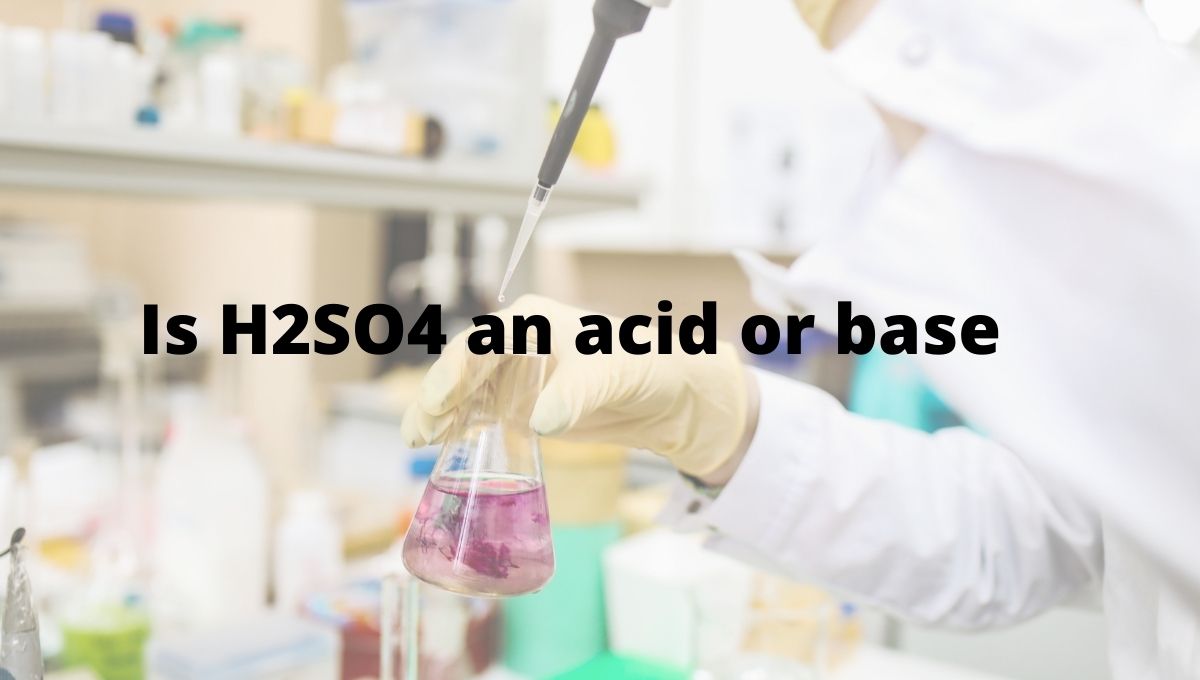Sulfuric acid, also known as H2SO4, is a highly corrosive and dense liquid used in a variety of industrial settings. Its applications span from fertilizers and detergents to the production of lead-acid batteries. In fact, the lead battery industry is one of the most significant consumers of this acid, accounting for approximately 60% of its global use.

Lead-acid batteries have been around for over 150 years and have become essential in applications ranging from cars and trucks to uninterruptible power supplies and backup systems. These batteries are known for their high specific energy, long cycle life, and low cost. However, they require sulfuric acid as a key component to deliver these performance characteristics.
The lead battery manufacturing process involves the use of lead oxide, sulfuric acid, and water, which are converted into lead peroxide and sponge lead. The sulfuric acid acts as a catalyst, converting the lead oxide into lead sulfate. The final product is a battery plate that consists of lead oxide, lead sulfate, and sponge lead. The resulting mixture is highly conductive, allowing the battery to hold a charge.
Sulfuric acid's importance in the lead battery industry goes beyond its role in the manufacturing process. It also plays a significant role in battery maintenance, as it is used to recharge batteries that have been discharged to extend their lifespan. During the recharge process, sulfuric acid reacts with lead sulfate, converting it back into lead oxide and sponge lead, thus restoring the battery's charge.
The use of sulfuric acid in the lead battery industry is not without its challenges, however. The acid is highly corrosive, and proper handling and storage are critical to prevent accidents and ensure worker safety. Its disposal also poses environmental concerns. Spent sulfuric acid can be recycled or treated, but if not handled correctly, it can pose a significant threat to the environment.
In conclusion, sulfuric acid is a vital component in the lead battery industry, playing a crucial role in both the manufacturing process and the maintenance of these batteries. Its importance cannot be overstated, as lead-acid batteries remain an essential part of our daily lives. However, proper handling and disposal procedures are essential to ensure worker safety and minimize environmental impact.